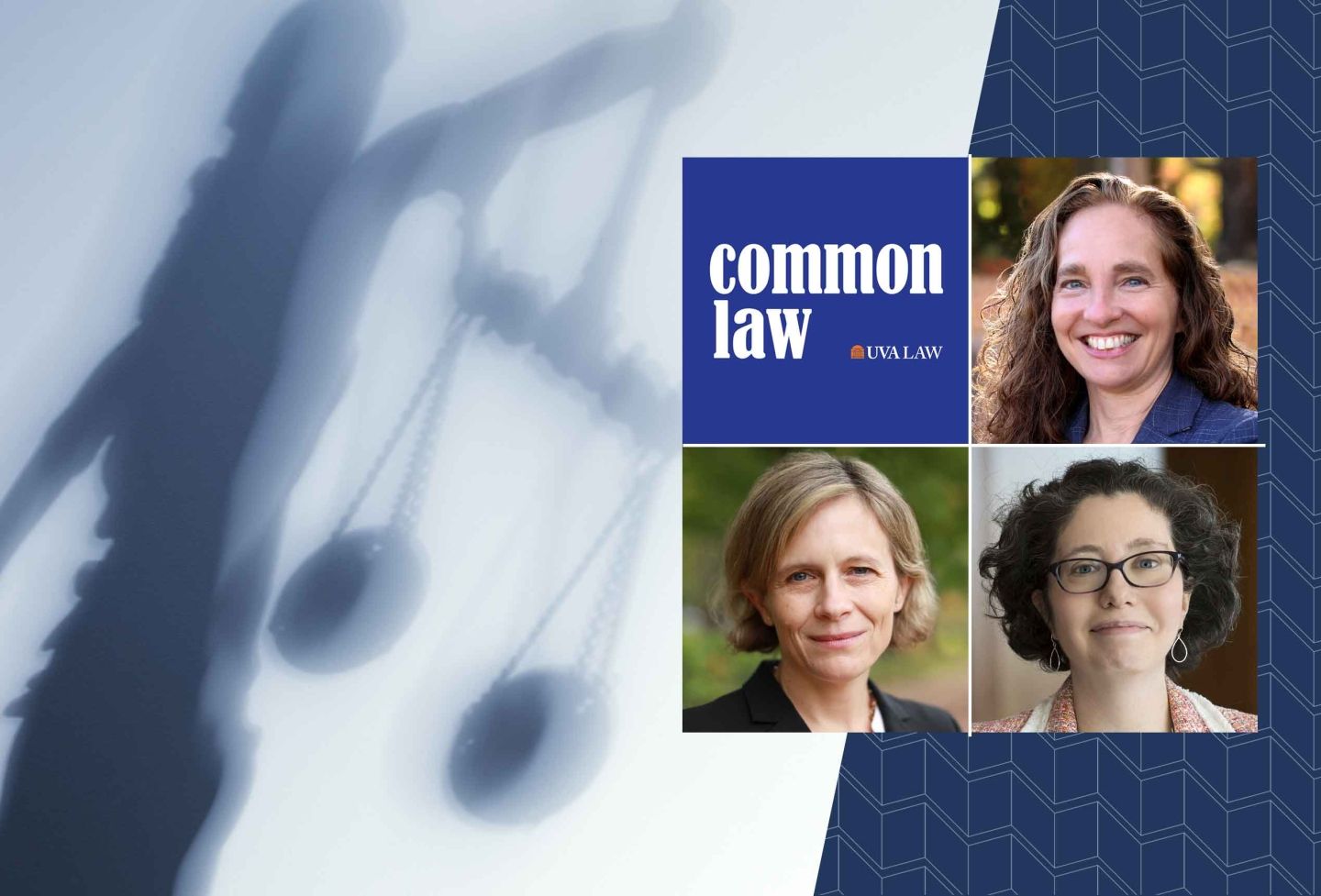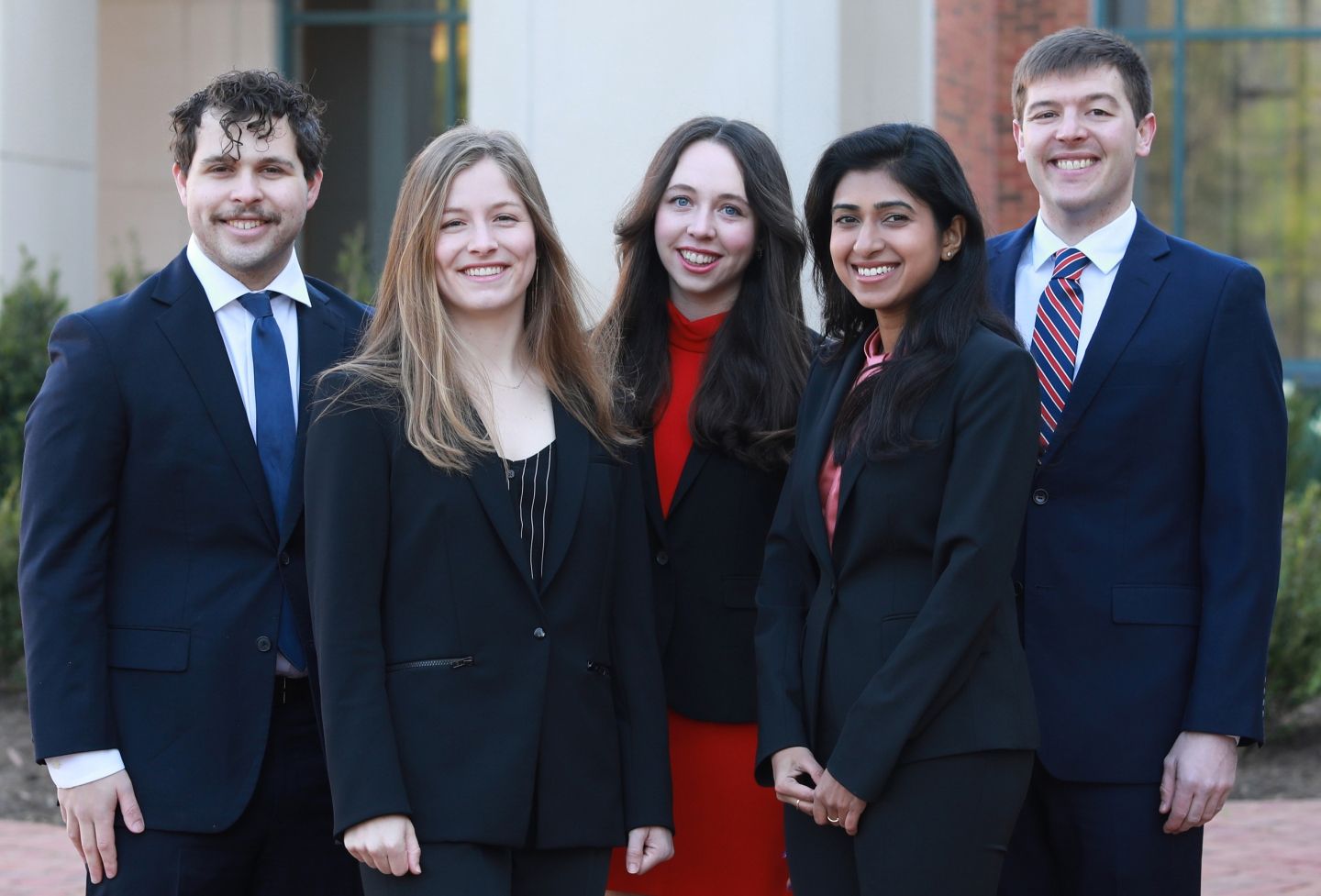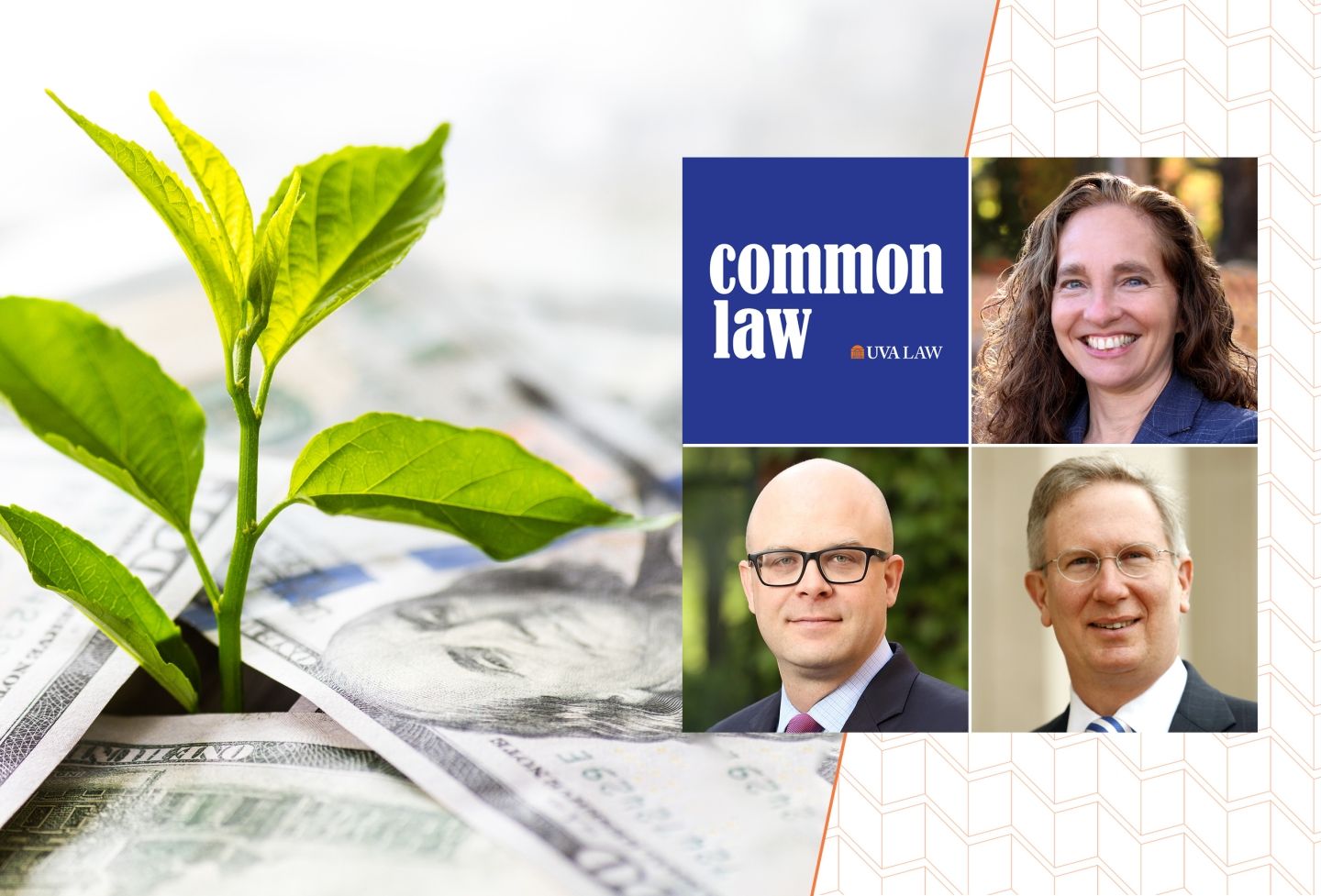Hayley Hahn ’21, a University of Virginia School of Law student, is the winner of the 2020 Founding Fathers Religious Liberty Student Writing Competition for her paper exploring Native American law.
Hahn is the latest in a string of UVA students who have placed highly in the contest, which is sponsored by the J. Reuben Clark Brigham Young University Law School’s International Center for Law and Religion Studies and the mid-Atlantic chapter of the J. Reuben Law Society. The competition promotes legal and academic studies in the field of religious liberty by law students and students pursuing related graduate studies.
Hahn’s paper, “God is Red, Land is Dead? A Call to Reject the Lyng Line of Cases,” challenges the U.S. Supreme Court 1988 ruling in Lyng v. Northwest Indian Cemetery Protective Association. The court ruled that the free exercise clause does not prohibit the government from developing on federal land used by Native Americans for religious rituals.
Applying the Religious Freedom Restoration Act, passed five years later, Hahn argues that rejecting Lyng is key to preserving both the free exercise rights of indigenous peoples and the integrity of First Amendment jurisprudence.
“Researching this topic underscored the need for the Supreme Court to intervene in this area,” Hahn said. “Through various statutory enactments, Congress has repeatedly evinced a desire to protect Native American religions. But courts, citing Lyng, continue to dismiss Native Americans’ claims to sacred sites. As I argue in the paper, religious liberty is central to our democracy. Yet, for this right to mean something, it must extend to practitioners of Native American religions, not just Western religions.”
Hahn first became interested in Native American law as an undergraduate at the College of William & Mary, and spent nine months at McGill University researching social service provisions and legal protections for indigenous children in the United States and Canada. She learned about Lyng in the course Constitutional Law II: Religious Liberty, taught by Professor Micah Schwartzman ’05, and also credits professors Michael Doran, Kim Forde-Mazrui and Crystal Shin ’10 for supporting her continued research into Native American sovereignty.
Recent UVA law students who placed in the contest are:
- John Melcon ’19 (second place, 2018)
- Michael West ’18 (first place, 2017)
- Daniel Boger ’17 (second place, 2017)
- Courtney Miller ’16 (second place, 2016)
- Nick Reaves ’15 (first place, 2015)
Founded in 1819, the University of Virginia School of Law is the second-oldest continuously operating law school in the nation. Consistently ranked among the top law schools, Virginia is a world-renowned training ground for distinguished lawyers and public servants, instilling in them a commitment to leadership, integrity and community service.


